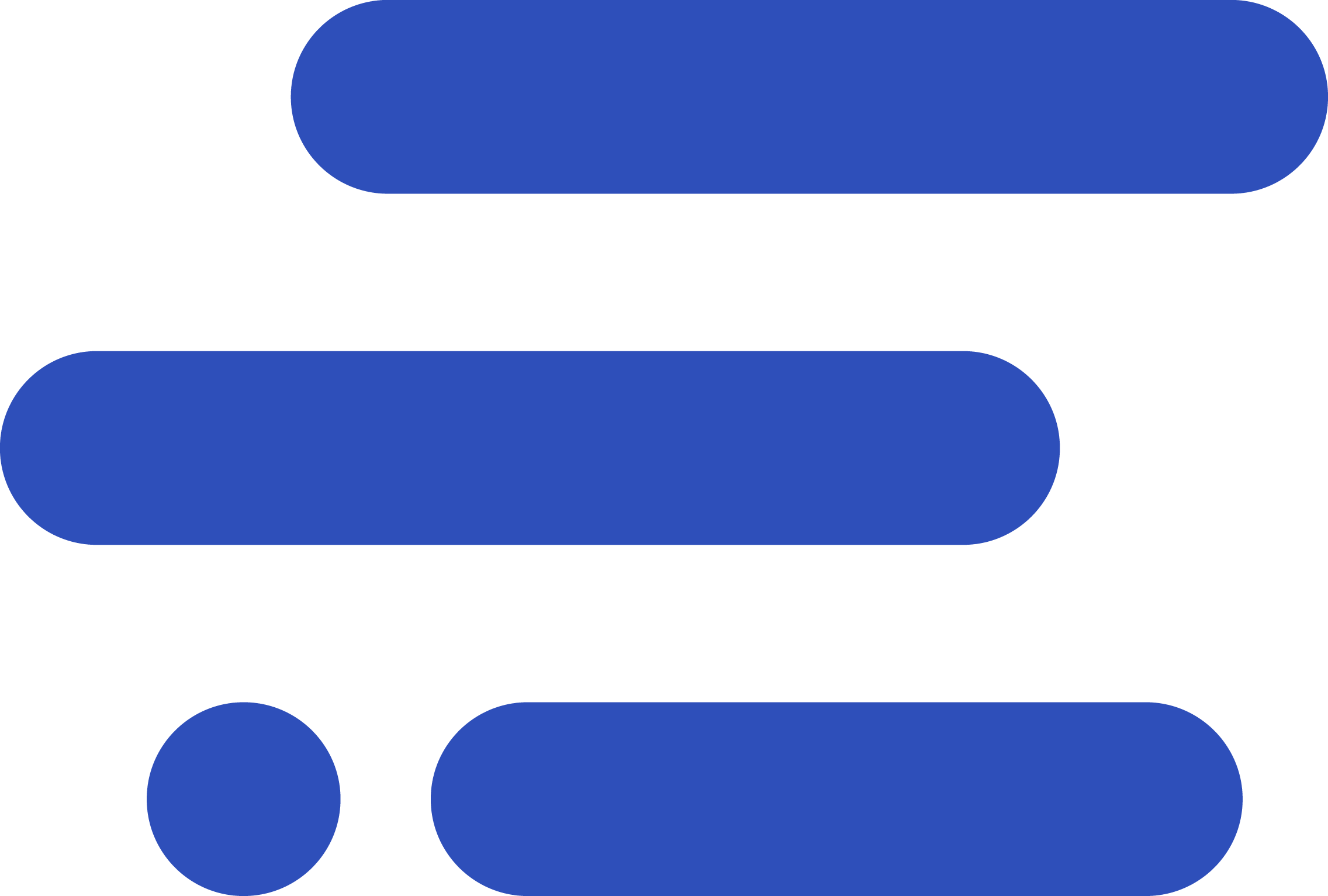
In production, hardly any two days are the same - machines break down, materials arrive late or priorities change at short notice. For planners, this means that rigid production plans are no longer enough. If you want to produce competitively today, you need flexible, dynamic production planning that is based on real-time data and is able to react immediately to disruptions and changes. This is precisely the difference between traditional planning and modern, AI-supported detailed scheduling. It is the key to making production processes resilient, efficient and future-proof.
What is production planning?
Production planning is a central component of production control. It comprises all measures for the structured organization of production processes - with the aim of coordinating materials, machines, personnel and time in such a way that orders can be completed on time, resource-efficiently and economically.
Within production planning, a distinction is typically made between two levels:
- Rough-cut planning:
This is geared towards the long term and is based on parts lists, delivery dates and available production capacities. The main aim here is to plan the basic process and material flow.
- detailed scheduling:
This is the detailed operational level of planning. Here, specific machine assignments, work sequences and personnel allocations are coordinated in real time - taking into account current capacities, set-up times, bottlenecks and possible disruptions.
What is detailed scheduling - and how does it complement production planning?
Detailed scheduling is the precise tool, so to speak, that translates the specifications from rough-cut planning into executable reality on the shop floor. While the ERP system specifies rough time windows and material availability, detailed scheduling uling ensures that every order is executed at the right time on the right machine with the right personnel.
Typical tasks of detailed scheduling include
- Sequence planning of production orders
- Assignment to machines, employees and tools
- Reaction to short-term disruptions such as machine breakdowns or staff shortages
- Optimization of KPIs such as throughput time, adherence to deadlines, capacity utilization and work in progress
In short: production planning and detailed scheduling are intertwined - one defines the framework, the other ensures precise, dynamic implementation in day-to-day business.
Efficient production planning: a topic with potential for conflict
Planners know this: Creating a good production plan is a complex topic with potential for conflict. On the one hand, the delivery dates and material availability of the production orders must be taken into account in production planning. This aspect is usually well supported by the ERP system, which breaks down parts lists, generates orders and carries out rough-cut planning in the course of the MRP run in order to meet delivery deadlines as far as possible. On the other hand, production capacity must also be taken into account in the production planning process.
On which machine does the order run and when? Which personnel with which skills are required? When is the necessary special tool available and when will it be used for other production orders? These considerations result in complex restrictions and conditions that must be taken into account in order to create an executable production plan. Modern production planning must be able to capture this complexity and react in real time. In order to master the complexity of these tasks and maintain an overview, the use of appropriate software solutions is recommended.
Support for artificial intelligence in production planning
This shows the added value of using artificial intelligence (AI) in detailed scheduling: when decisions need to be made quickly, AI can support people by specifically identifying and investigating relevant adaptation options in the plan. This means that adjustments can still be made in a well-founded and targeted manner despite the need for a quick decision. AI makes it possible to react to changes in production planning in real time and select the best possible alternatives - which significantly increases the efficiency and stability of the entire production process.
Production planning is not a static process - it must be dynamic, flexible and software-supported. Companies that continue to work with Excel and rigid daily schedules not only risk inefficiency, but also delivery problems and wasted resources. Modern planning software such as PAILOT makes it possible to combine real-time data, AI and detailed scheduling - for resilient, agile and future-proof production processes.








